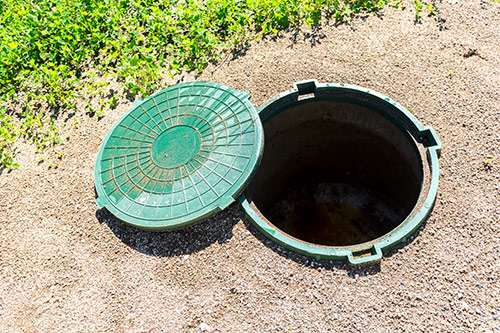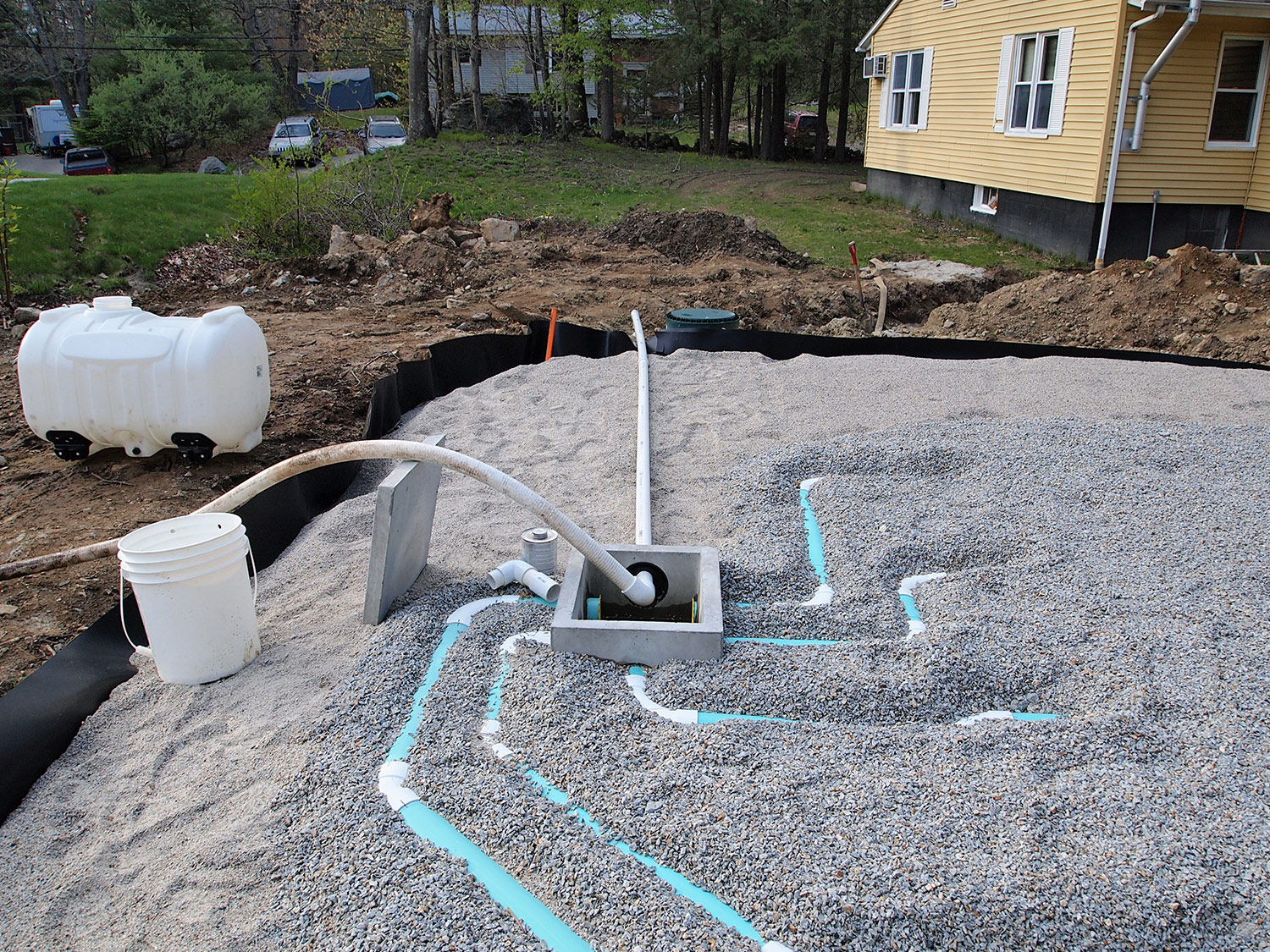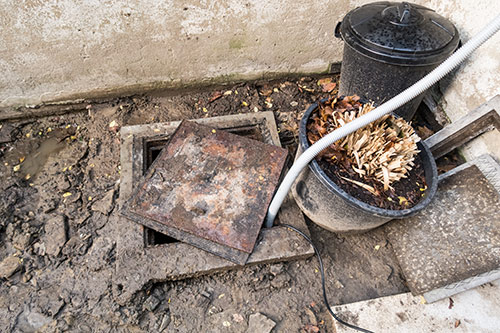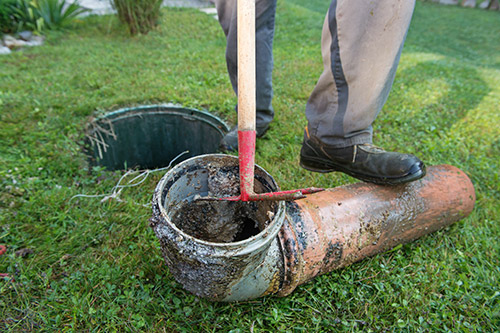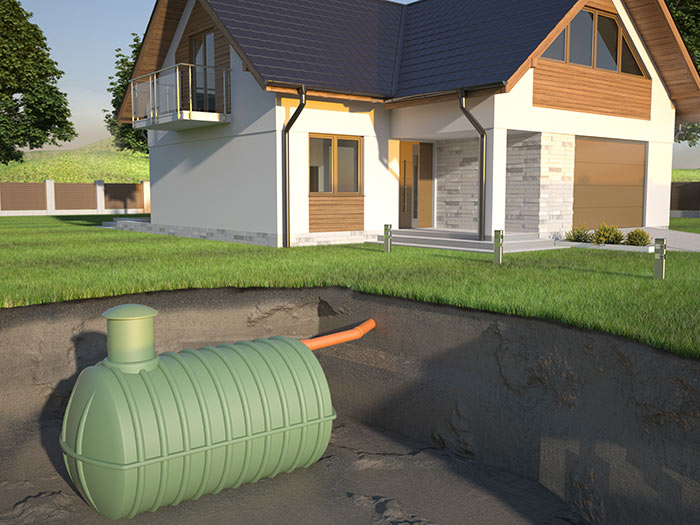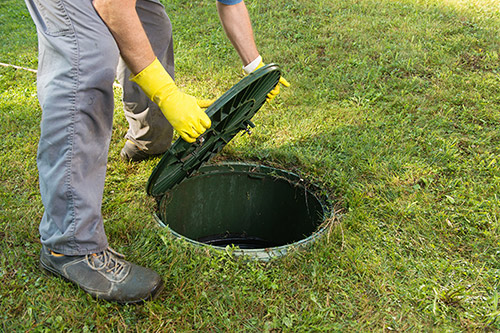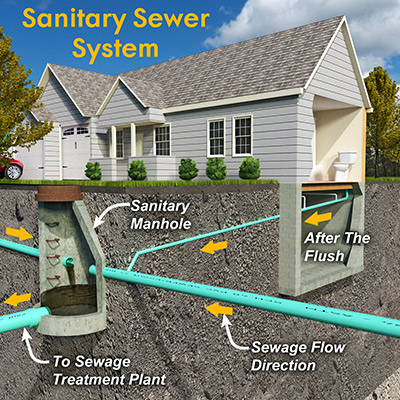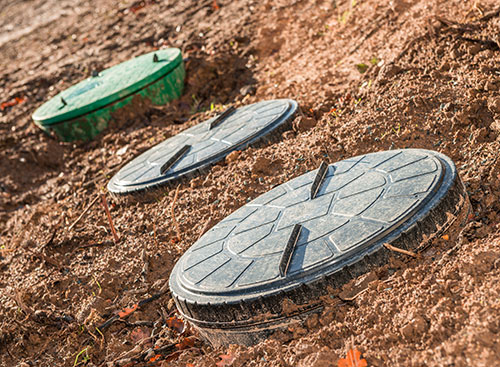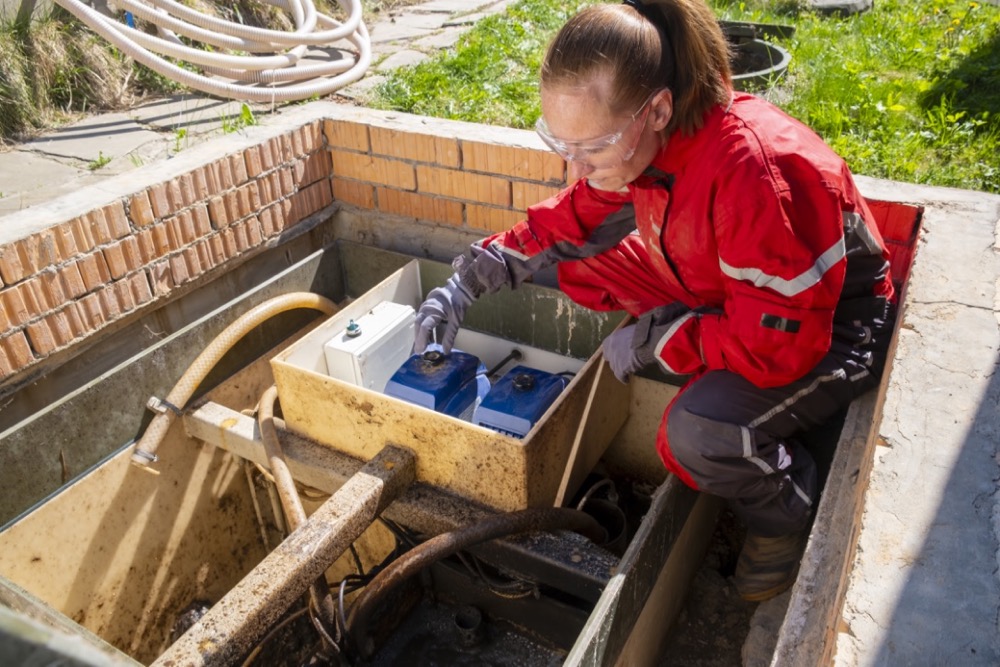
There are exceptions. If the exceptions don’t apply then yes, you do need a passing Title V inspection.
You do not need an inspection when the house transfers title between:
- Between current spouses;
- Between parents and their children;
- Between full siblings; and
- Where the property is held in a trust.
- Refinancing a mortgage or similar financial instrument;
- Appointment of, or a change in, a guardian, conservator, or trustee;
- Any other change in ownership or the form of ownership where NO NEW parties are introduced (e.g., for estate planning or in a divorce);
- The property owner or buyer has signed an enforceable agreement with the Board of Health to upgrade the system or to connect the facility to a sanitary sewer or a shared system within 2 years following the transfer of title, provided that such agreement has been disclosed and is binding on subsequent owners;
- The property is subject to a comprehensive local plan of septic system inspection approved in writing by MassDEP and administered by a local or regional government; and the system has been inspected at the most recent time the plan requires.
Without exemptions, it is required for the sellers to provide a passing Title V report. .
Title V Test
The Title V tests are to be done during normal usage of the property so, toilets flushing, laundry and showers etc. however, some houses are vacant so the soil has had time to dry out so to speak and it’s hard to determine if under normal usage the system would show signs of failing. This is very important that a buyer understand this and the buyer has a contingency plan should the system fail under normal usage.
The day of the test the septic system inspection should include a discussion with the homeowner to determine the history of the system, size of the household, a review of the system permit, a tank inspection, a distribution box inspection, a drain field bed inspection, and a house inspection. Usually they charge you extra if they have to dig out the lid so be aware.
The inspector will evaluate the tank and associated water use. No leaks or cracks can be in the tank. The inspector will dig test pits 2-3 feet down to check for signs of standing water or biomat growth for the drain field test. The D-Box will also be inspected to insure all mechanical equipment is in good working order. Inside the home, he will flush the toilets, run water in the sinks, and run the washing machine through a full cycle to see if the household plumbing is all going to the system and working correctly.
Reporting requirements The report takes about a week and Inspector must use the MassDEP-approved inspection form and provide the report to the governing health department within 30 days of the inspection.
The buyer or other person acquiring title to the property served by the system must receive a copy of the inspection report. One thing you can do as a buyer is to go to town hall to see when the initial system was installed, so you can determine if it is likely there will be problems in the future.
For sellers, oftentimes sellers put the house on the market and have not completed the Title V test, which can be a risk as if the septic system fails it is a big expense and time delay. Some towns take the full 90 days for review and approval as many of the towns don’t hire full –time staff or share environmental engineers for a specific region. Then there is the installation and then the final approval which can add several weeks.
It’s a good idea to get a few prices too because there is the cost for the engineering drawings, the permit costs and the installation costs. For the installation costs there can really be a big range. I’ve seen everything from 11K to 30K for the same system. Not always do sellers have the luxury to do the tile v test and then take the process slow so sometimes you just have to go with the flow. If you are planning to move in a few years from now, know that once the test is completed it is valid for 2 years unless it is pumped annually and then it is valid for 3 years. After that time frame you have to re-do the test.
For more information on replacing or repairing a septic system, contact Morse Engineering and Construction.

